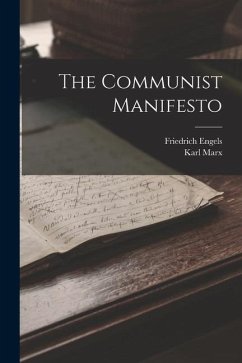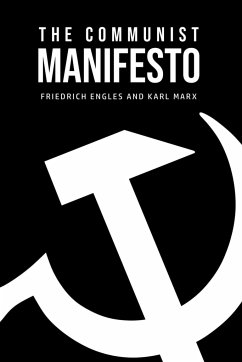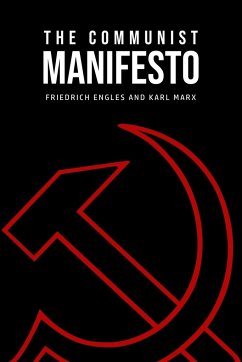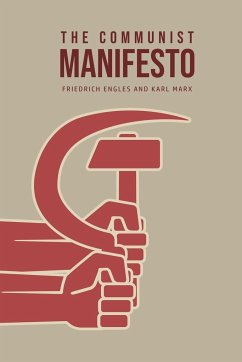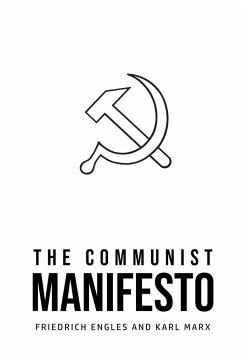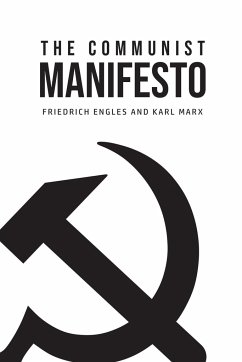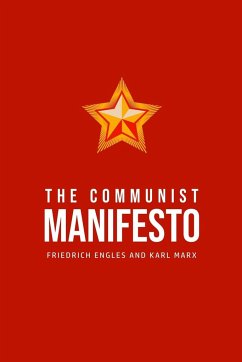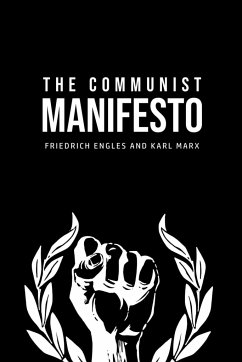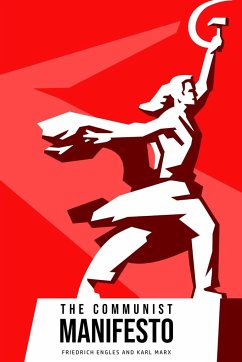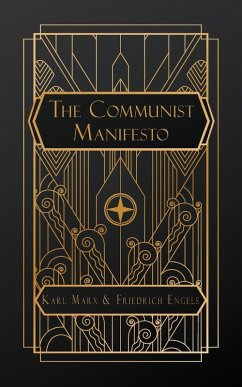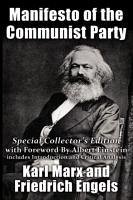
Manifesto of the Communist Party
Special Collector's Edition with Foreward By Albert Einstein
Versandkostenfrei!
Versandfertig in 1-2 Wochen
20,99 €
inkl. MwSt.

PAYBACK Punkte
10 °P sammeln!
Originally published on the eve of the 1848 European revolutions, "The Communist Manifesto" is a condensed and incisive account of the worldview Marx and Engels developed during their hectic intellectual and political collaboration. Formulating the principles of dialectical materialism, they believed that labor creates wealth, hence capitalism is exploitive and antithetical to freedom. It has gone down in history as one of the world's most influential political manuscripts. Commissioned by the Communist League, it laid out the League's purposes and program. It presents an analytical approach t...
Originally published on the eve of the 1848 European revolutions, "The Communist Manifesto" is a condensed and incisive account of the worldview Marx and Engels developed during their hectic intellectual and political collaboration. Formulating the principles of dialectical materialism, they believed that labor creates wealth, hence capitalism is exploitive and antithetical to freedom. It has gone down in history as one of the world's most influential political manuscripts. Commissioned by the Communist League, it laid out the League's purposes and program. It presents an analytical approach to the class struggle (historical and present) and the problems of capitalism, rather than a prediction of communism's potential future forms. Now considered a classic in political and social literature, it remains a controversial treastise and continues to generate debate even today. It is widely read in college classrooms and is included as essential reading and study for courses in political science the world over. This Special Collector's Edition contains a Forward By Albert Einstein, as well as a detailed Introduction and Critical Analysis of the work itself. REVIEWS: "One of the world's most influential political tracts" - Publisher's Weekly "This book continues to haunt the capitalist world, lingering as a ghostly apparition even after the collapse of those governments which claimed to be enacting its principles." - Amazon Books "It is not only a great work of literature; it still has much to teach us for the next millennium." - Library Journal





